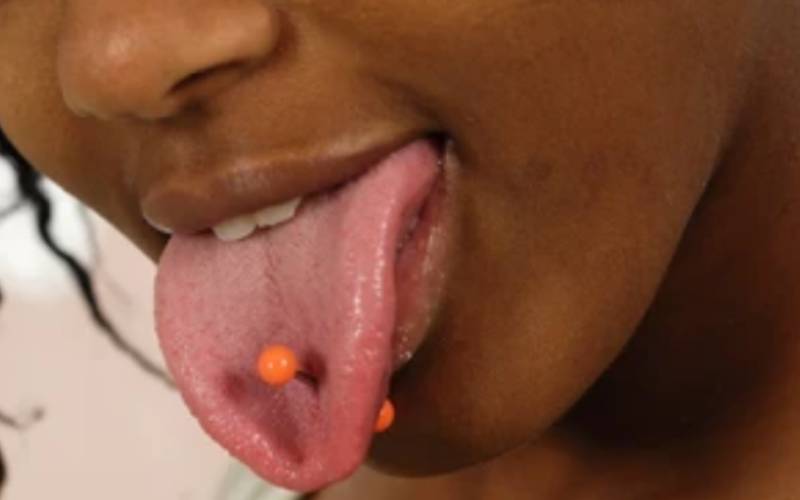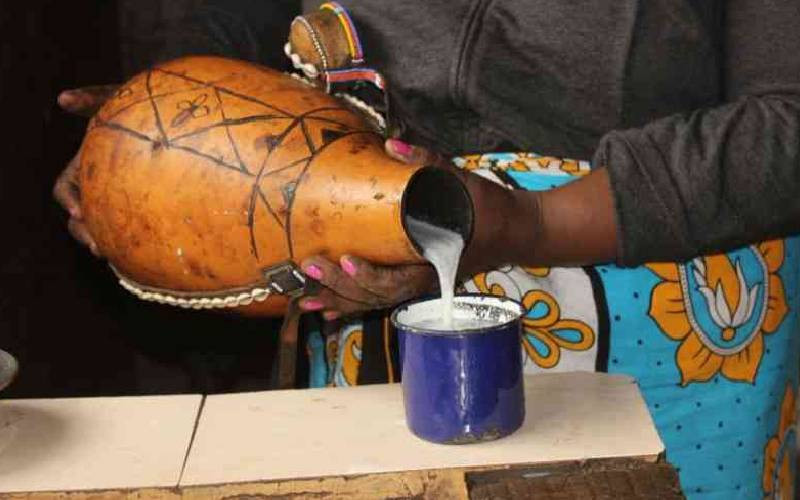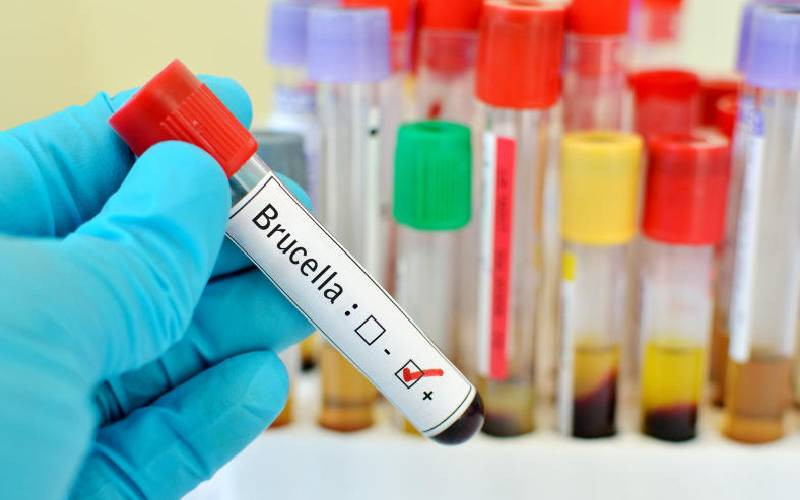
Oral piercings are common among young adults, who use them mainly for self-expression. [Courtesy]
Oral piercing, the insertion of objects like rings, studs or pins into the oral cavity structures, have become common due to cosmetic, cultural, religious and other reasons.
I am neither an advocate nor critic of oral piercings, considering you cannot underestimate the human spirit for adventure. Indeed, over the years, ingenuity has led to the discovery of more potential sites for these piercings: tongue, lips, cheeks, philtrum (vertical groove between base of nose and border of upper lip), lingual frenum (under surface of tongue), labial frenum (band connecting upper lips with upper gums), labiomental sulcus (intersection between lower cheek and lip) and the uvula (that hanging extension at the back of the throat).
 The Standard Group Plc is a multi-media organization with investments in media
platforms spanning newspaper print
operations, television, radio broadcasting, digital and online services. The
Standard Group is recognized as a
leading multi-media house in Kenya with a key influence in matters of national
and international interest.
The Standard Group Plc is a multi-media organization with investments in media
platforms spanning newspaper print
operations, television, radio broadcasting, digital and online services. The
Standard Group is recognized as a
leading multi-media house in Kenya with a key influence in matters of national
and international interest.











